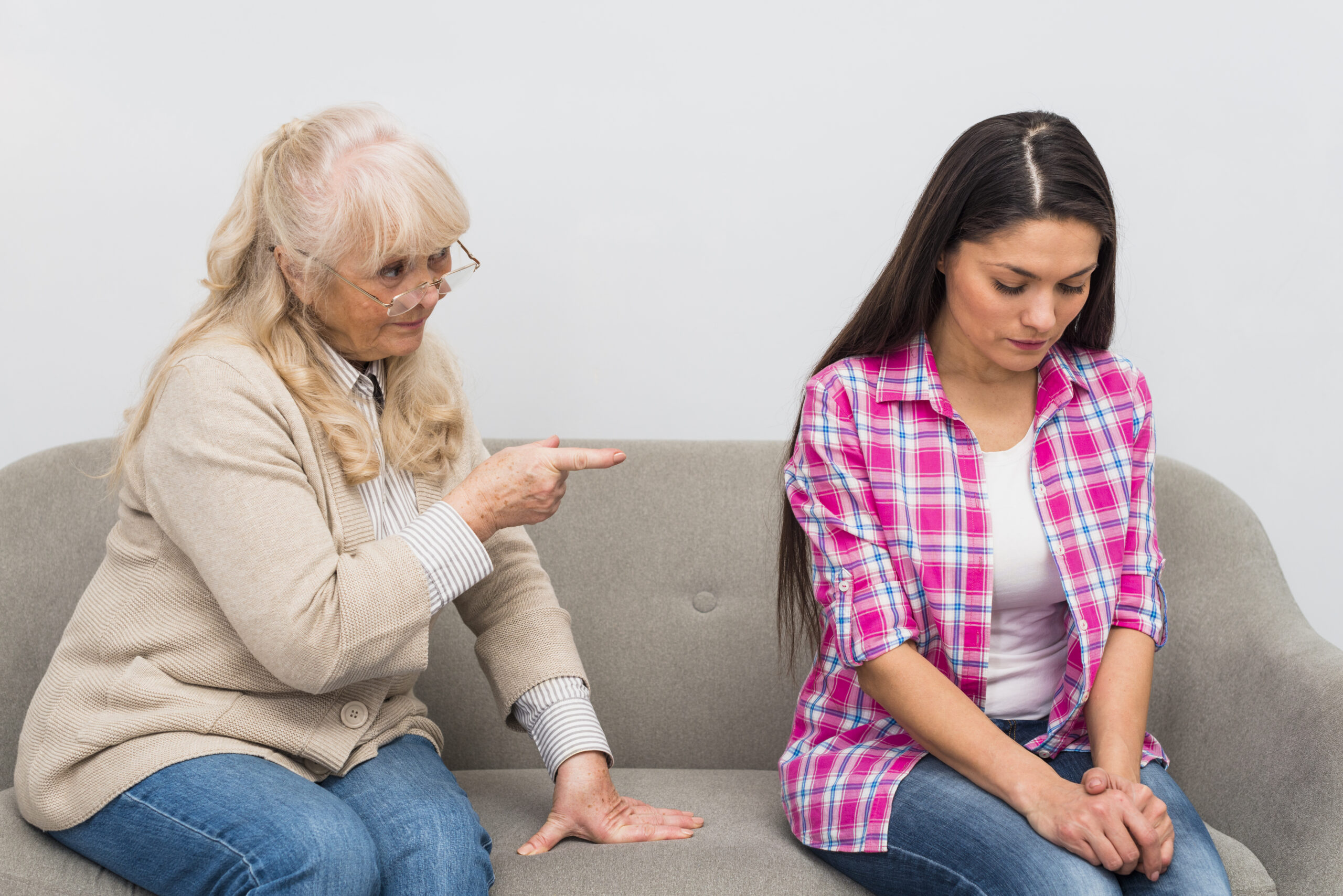“Therapy is a western concept; it doesn’t apply to us Indians!”
“You are just inspired by all these American TV shows, you are fine, stop overthinking!”
“You want to go to a brain doctor? Are you mad or what?”
These are some of the most common reactions Indian parents have given every time their children or someone tries to tell them that they need to see a mental health profession. Even before the conversation takes shape, it gets shut down by these statements, and followed by a long lecture on how they never had to rush to therapist every time they were stuck somewhere or felt bad.

The final insult to injury would be them comparing the therapist’s fees with that of a physician and making their point on how it is a very costly affair.
But our counsellors who are experts in couple and family counselling in Ahmedabad at We Positive Parenting believe that it’s NOT OUR PARENTS’ FAULT. There is a massive generational gap between us and our parents and our children too. And with Indian parents, the idea of seeking counselling is a concept that they have only seen in American and English movies and TV shows, and the stigma around it only makes it worse.
So, how do we make Indian parents come to terms with the fact that seeking help is completely okay and that they should further support their children rather that deride them?
What does counselling involve?
First of all, let’s try to understand what counselling means and what processes are involved in it. Counselling is a therapeutic practice which involves talking and working out solutions for the various personal and professional problems, seek clarity on the various challenges you are facing. This, is conducted through multiple sessions by a mental health professional like a psychologist or psychotherapist who help you explore options, increaseself-awareness and develop habits that add to or improve your lifestyle.
What makes it so difficult for the parents to understand?
There are various factors involved here, that have shaped a thought in our parents’ minds about therapy and counselling. The first and foremost being, lack of awareness.
The times when our parents grew up were starkly different times, riddled heavily with problems like patriarchy, inequality, economic turmoil, and of course lack of access to resources to educate themselves about mental health and its importance. Due to these challenges, talking about mental health or caring for it never even featured in their list of priorities.
This lack of awareness in an entire generation then shaped the thought that somewhere down the line erased the line of difference between suffering from mental distress and being mentally retarded. Anyone and everyone who spoke about feeling mentally distressed were labelled as mentally retarded. YES, it was that bad!

The Chaar Log Syndrome
This has prevented many young Indians from talking about mental health, let alone seeking help freely about their issues. The dialogue “Log Kya Kahenge” or “Chaar Log Kya Kahenge” loosely translates to “What will the society say” in Hindi. Indian-American comedian Hasan Minhaj hilariously covered the Indian family dynamics in his Netflix special Homecoming King.
Like we mentioned a few common lines used by our parents when we talk about mental health, it is borne out of the fear that the society might deride them, look down upon them and make gossip out of the fact that their child is seeing a mental health professional to work through his/her problem. This is a case of collective fear and herd mentality about looking at such issues from an honour point of view and that it questions their parenting and upbringing.
It’s not just a phase…
Counselling can help you cope with:
– A mental health condition, such as depression, anxiety or an eating disorder
– An upsetting physical health condition, such as infertility
– A difficult life event, such as a bereavement, a relationship breakdown or work-related stress
– Difficult emotions – for example, low self-esteem or anger
– Other issues, such as sexual identity
But, how do we explain this to our parents?
Two words: FAMILY COUNSELLING!
Yes, family counselling is where the counsellor meets, interacts and helps families overcome their challenges together. The dynamics of Indian families have always been a bit of a pickle (yes, there, we said it out in the open!). Not every family is open and expressive about their thoughts, emotions and their feelings. This could lead to bottled up things, which might explode and cause irreparable damage in the bond with families. This is where our couple and family counselling come into picture. They understand the thought process and understanding levels of every family member irrespective of their ages. Through various activities and therapeutic practices, they help explore new ways to open up, communicate and understand each other better.
It may be a long drawn process, but every great journey begins with the first step. If you are among the ones who feel like you and your family could benefit from counselling, feel free to say to hello to us

